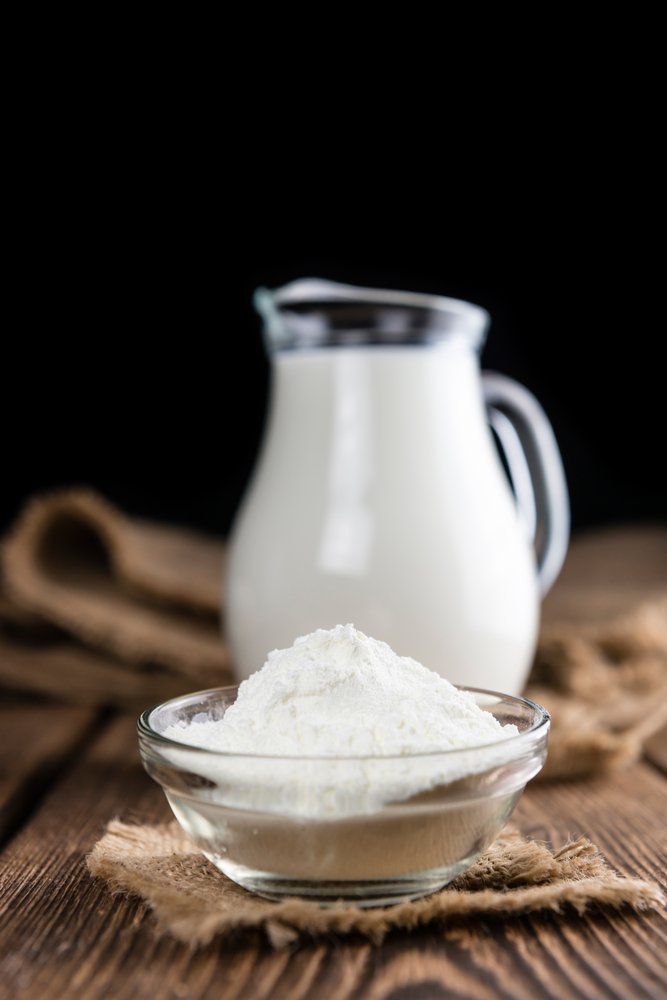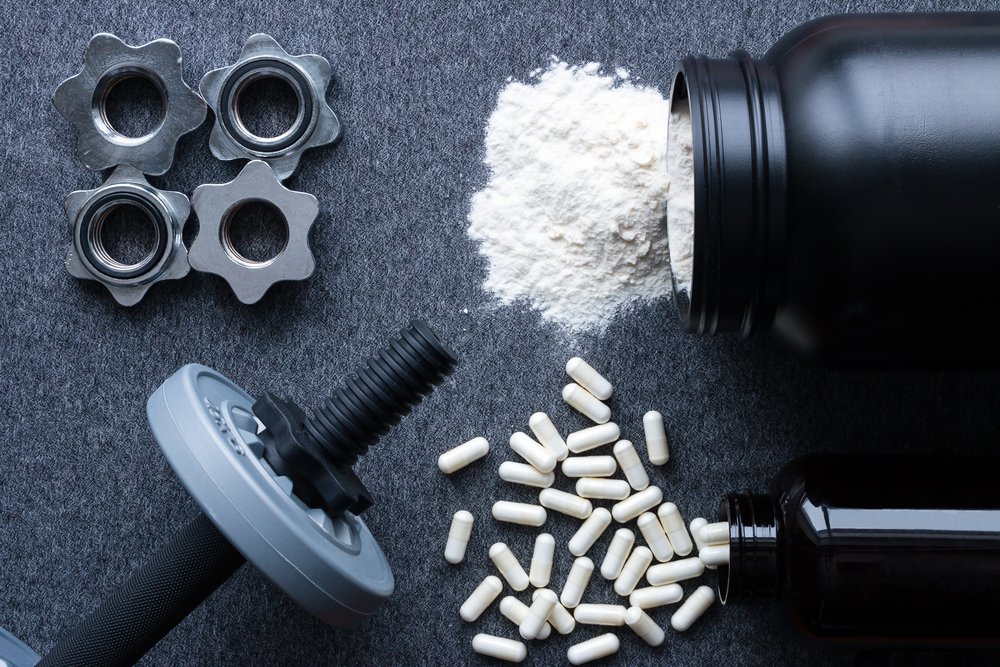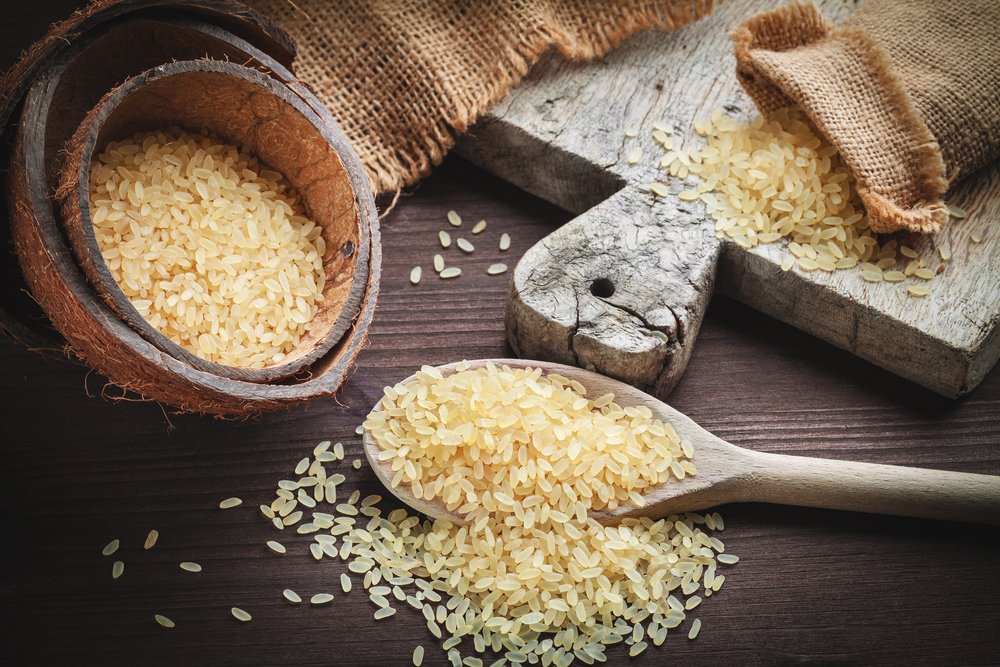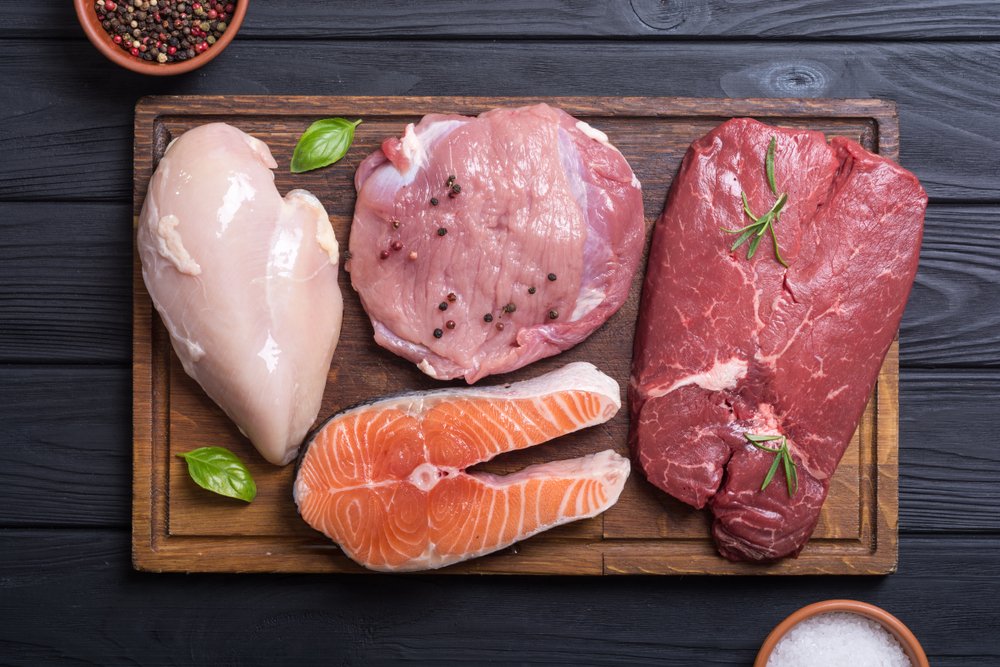
Clean Eating: What Is It?
Clean eating is defined by everyone differently, palaeolithic eating individuals, Atkins followers, bodybuilders, Herblife, everyday gym goers and followers of If It Fits Your Macros. So is there any way to objectively label foods as clean or dirty?
Paleo dieters will claim cereal grains, legumes including peanuts, dairy, potatoes and candy are unclean and should be avoided. Whereas some bodybuilders will avoid fruit as it is labelled unclean and high in sugar. The Bible also lists clean and unclean foods – God states that cud-chewing animals with split hooves can be eaten (Leviticus:11:3,) but he also lists such animals as camels, rabbits and pigs as being unclean, or unfit to eat (Leviticus:11:4-8.)
Now you’re confused right?
Many characterise clean foods by a lack of processing and a high nutrient density; this generally means foods in their whole, naturally occurring form with no processing. By this definition, supplements, milk and even some fruit and veg which have had pesticides added are dirty, since they often undergo extensive processing and are far-removed from their original source; but we know protein powder and milk have many benefits to health, building muscle and recovery. Food processing is seen in all types of foods, and even though it has created some foods which if over consumed can have adverse health effects, it has also benefited many athletes and illnesses. Processed whey protein has a higher bioavailability of protein than all other proteins tested, including beef, egg, milk, and soy. (1)
Many trainers and bodybuilders will claim that only clean diets will allow fat loss to occur, and target sugar, in particular fructose, as the culprits for stopping fat loss. However, several experiments have been carried out to compare calorie diets made up of solely sugar compared to other carbs. A meta-analysis by Sievenpiper et al looked at the effect of fructose on body weight in controlled feeding. ‘Fructose does not seem to cause weight gain when it is substituted for other carbohydrates in diets providing similar calories. Excess calories modestly increased body weight, an effect that may be due to the extra calories rather than the fructose.’ (2) Surwit et al found that a ‘High intake of sucrose from a low fat, low kcal diet did not adversely affect weight loss or other metabolic indexes when compared to a low fat, low sugar diet’ when the high sugar diet containing 43% of kcal’s from sucrose was compared to a low sugar diet with 5% or less of kcal’s from sugar. (3)
Are there any problems with clean eating?
Some individuals can follow a restricted diet banning certain types of food and reach their goals, but for many and even myself, restriction leads to cravings and it creates an awful relationship with food. I am not here to insult anyone who follows any type of restrictive or rules-based diet, but for many it is not the best approach.
In my opinion, if you see a diet with a list of food you ‘can’t’ eat longer than the food that you can, then that isn’t sustainable or enjoyable. There is no research that any food will cause more fat gain than the calories it provides or that eating a certain food will help you lose fat. One of the fundamental pitfalls of labelling foods as good or bad, or clean or dirty, is that it can form a destructive relationship with food, along with eating disorders and mood swings. Trust me I know! Smith and colleagues found that a diet which looks to include all types of foods the individual loves, not overlooking health, shows less overeating, lower bodyweight, and the absence of depression and anxiety when compared to a rigid diet which banned all unclean foods. They also found that a strict all-or-nothing approach to dieting was associated with yo-yo dieting, mainly due to spontaneous binges, which leads to increased bodyweight and eating disorders. (4)
Restricting foods that you love, can lead to cravings, which in the long term is not sustainable. These cravings can eventually lead to you chucking in the towel and causing a binge-guilt cycle, which is not what you want from a diet. By taking such drastic measures, and cutting out food, not even just junk food, you will find that at some point, you have to give in. The rules are often too inflexible to sustain for any length of time, which then becomes a binge eating trigger.
Restriction and only clean eating can cause an illness known as orthorexia, an illness defined as a “fixation on righteous eating.” Orthorexia starts out as an innocent attempt to eat more healthfully, but orthorexics become fixated on food quality and purity – https://www.nationaleatingdisorders.org/orthorexia-nervosa. This is an awful situation to be in as it effects your social life, mood and leads to many emotional issues with your diet. Doesn’t matter how fit or healthy someone is or looks, orthorexia is common amongst many athletes, fitness models and physique competitors.
Of course restriction is needed on calories during dieting, but adopting a diet that does not label foods as ‘clean/unclean’ ‘good/bad’ is what is needed. Enjoying the food you enjoy in your diet is needed for success. Individuals that adopted a diet that did not restrict foods don’t suffer from cravings as much as rigid dieters, and find it a lot easier to control calorie intake over the long-term, shown by Meule A et al and Sairanen el al. (5-6)
So whenever you start any diet, always ask yourself ‘can I see myself eating more or less the same food choices what I am today, a year down the line?’
If the answer is ‘no,’ then your diet is probably not sustainable nor enjoyable.
Diet adherence has been shown to be an important aspect of any diet for success, (7) and whether it is low carb, high carb, paleo, atkins, keto diet etc., weight loss differences are minuscule and no diet is better than the other. (8)
So what do I do now?
Like everything in life, you will have to moderate your indulgence. I track my macronutrients, pro/carbs/fat, and I too consume a wide variety of foods with the majority of my calories (approx. 80%) from whole nutrient dense foods, getting sufficient micronutrients and fibre each day. But every now and then I choose to enjoy some processed sugars in moderation, like sticky toffee pudding or apple crumble and custard. Of course someone is going to read this and say ‘you’re telling people to eat junk food every day!’ No, that’s not what I said, so don’t take it out of context. I said you can eat it in moderation and you won’t suffer any adverse effects, and that’s absolutely true. Of course, one’s belief on what is healthy or nutritious will vary from person to person and that is why knowing what your actual overall dietary needs are and using a variety of foods to meet these needs, leads to a nutritionally compete diet, rather than a diet that is based around good and bad food, with no control over calories or macronutrients. Sure you could track a diet that labels food, but I guarantee that due to the limited food types available, the diet will still be lacking in variety and enjoyment.
Why 20%?
The NHS advises added sugars shouldn’t make up more than 10% of your calorie intake and a literature review by Gibson found that 20% of total calories from added sugars is roughly the maximum amount that won’t adversely dilute the diet’s concentration of essential micro nutrition. (9)
And this is what I do all year round, whether I am prepping for a photo-shoot/show or looking to build muscle, only my calories and macronutrients change. This allows me to enjoy my diet with no cravings, which means I do not feel the urge to binge! It allows me to enjoy social events and not get stressed out if only certain foods are available. Instead of looking at foods as good vs. bad, you should have been looking at your overall diet as a whole, rather than one food in isolation.
Further Reading
Is sugar toxic
ttp://www.realclearscience.com/blog/2014/10/sugar_is_not_toxic.html
http://blogs.scientificamerican.com/brainwaves/2013/07/15/is-sugar-really-toxic-sifting-through-the-evidence/
Food relationship
References
1. Hoffman JR, Falvo MJ. Protein-which is best? J Sport Sci Med 2004; 3: 118-30.
2. Sievenpiper JL1, de Souza RJ, Mirrahimi A, Yu ME, Carleton AJ, Beyene J, Chiavaroli L, Di Buono M, Jenkins AL, Leiter LA, Wolever TM, Kendall CW, Jenkins DJ. Effect of fructose on body weight in controlled feeding trials: a systematic review and meta-analysis. Ann Intern Med. 2012 Feb 21;156(4):291-304.
3. Surwit RS1, Feinglos MN, McCaskill CC, Clay SL, Babyak MA, Brownlow BS, Plaisted CS, Lin PH. Metabolic and behavioral effects of a high-sucrose diet during weight loss. Am J Clin Nutr. 1997 Apr;65(4):908-15.
4. Stewart TM, et al. Rigid vs. flexible dieting: association with eating disorder symptoms in nonobese women. Appetite. 2002 Feb;38(1):39-44.
5. Stewart TM, Williamson DA, White MA. Rigid vs. flexible dieting: association with eating disorder symptoms in nonobese women. Appetite. 2002;38(1):39–44.
6. Essi Sairanena, , , Raimo Lappalainena, , Anja Lapvetelainenb, , Asko Tolvanena, , Leila Karhunenb, . Flexibility in weight management. Volume 15, Issue 2, April 2014, Pages 218–224.
7. Dansinger ML1, Gleason JA, Griffith JL, Selker HP, Schaefer EJ. Comparison of the Atkins, Ornish, Weight Watchers, and Zone diets for weight loss and heart disease risk reduction: a randomized trial. JAMA. 2005 Jan 5;293(1):43-53.
8. Bradley C. Johnston, PhD; Steve Kanters, MSc; Kristofer Bandayrel, MPH; Ping Wu, MBBS, MSc6; Faysal Naji, BHSc; Reed A. Siemieniuk, MD; Geoff D. C. Ball, RD, PhD; Jason W. Busse, DC, PhD; Kristian Thorlund, PhD Gordon Guyatt, MD, MSc3; Jeroen P. Jansen, PhD; Edward J. Mills, PhD, MSc. Comparison of Weight Loss Among Named Diet Programs in Overweight and Obese Adults. A Meta-analysis. JAMA. 2014;312(9):923-933.
9. Gibson SA. Dietary sugars intake and micronutrient adequacy: a systematic review of the evidence. Nutr Res Rev. 2007 Dec;20(2):121-31.








No Comments yet!